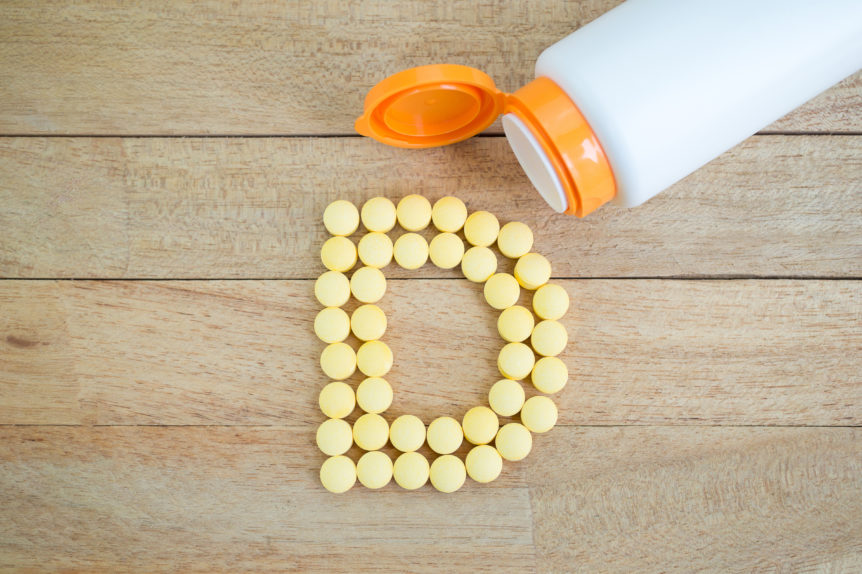This sure was interesting…
I found an article with an interview with Mark Tanropolsky, M.D., Ph.D., neurology professor at McMaster University of Ontario.
The topic was how the nervous system’s impact on muscle function was regulated by certain supplements, one of which is vitamin D.
If you’ve been interested in health at all then you’ve likely heard of the importance of this vitamin. (And the fact that it’s not really a vitamin so much as a hormonal precursor.)
It has wide-ranging effects in the human body from supporting the hormones to the immune system and much more.
Mark had this to say, “In the clinic, which I think is pretty reflective of the general population in North America, we find that 85% of patients are not meeting the current Canadian guidelines for vitamin D sufficiency…You wouldn’t notice you were lower until you get down around 25 nanomoles per liter, which is when we call it a deficiency state traditionally associated with a bone disease called rickets, which we don’t see much anymore. What people didn’t really recognize as much, because rickets looks so severe, is they get muscle weakness.”
Yeah, you’re probably not suffering from rickets…
But chances are you’re deficient in an optimal amount of vitamin D.
Is the muscle weakness only when you’re chronically deficient? Or might it affect you to a lesser degree with a slightly lowered amount?
These are good questions, perhaps something that later science will prove out.
While I think the best way to get vitamin D is by the sun (assuming it’s available in your area), as more than just this isolated nutrient is produced, chances are most people need supplementation. Got a great big chapter on the Sun inside of Powered By Nature.
As an experiment, I strived to get enough from the sun itself and found I just wasn’t getting enough. And I definitely need to supplement in the winter months when the sun’s not out.
If you seek strength, this is one more reason to make sure you have optimal levels of vitamin D. It affects how your nervous system can transmit signals to the muscles themselves.

